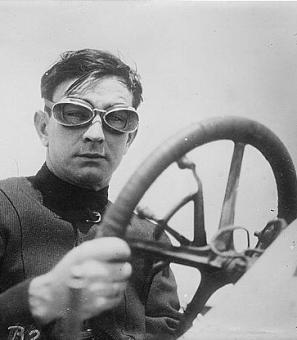Real Life Mercy Street: Diary of Alfred Castleman
Contrary to any war movie that paints the Civil War as full of glory and dashing heroes, the Union Army had its share of problems. Alfred Lewis Castleman, a surgeon in the Wisconsin 5th regiment, certainly thought so. In his published diary, Castleman describes his dissatisfaction with army brass and military culture in the true style of military surgeons everywhere.
The relevant part of Castleman’s diary begins with his lament that he had not yet conformed to the heartlessness that the military required of him:
March 10, 1862
I have received another official reprimand to-day, and still another. I suppose I deserved them. Only last night I wrote a letter to, in which I expressed my joy that I had at come to the determination that feelings of humanity should not again enter into any of my plans or conduct during the war that I should now take the “army regulations” as my guide. They recognize no benevolence, no affection. Commands and obedience are all they know, and I left camp this morning firmly resolved that these alone should govern me in the future.
March 13, 1862
A sad day is this. The effect of General ---‘s meddling with the Medical Department are beginning to manifest themselves. When he took from me my well-trained hospital attendants and my experienced druggist, on the 5th inst., they were appointed in their places, men, worthless in the ranks, and without knowledge of the important duties which they were to perform in the hospital. The druggist knew not one medicine from another, and today three men are poisoned by a mistake in dispensing medicines. One of them is already dead; the other two suffering severely, though I have hopes that they may yet be saved. Thank god, I was absent at the time, and had nothing to do with either the dispensing or administering; and yet, should I write that the vindictiveness was not yet gratified, would the world credit it? It is even so. I have addressed to the General a respectful letter, setting forth the facts, and urging the restoration of my druggist, but he refuses! Would he decimate his brigade to gratify his vindictiveness?
March 17, 1862
To-day our sick, instead of being put into General Hospital, are marched from depot to the camp. McDowell’s division is ordered back to Arlington heights. We are sending to Washington for our tents. Our General Smith is building stables, and it looks as if we were again settling down. What does it mean? Is there another change of programme? And are we not to embark after all? Have we discovered the muzzle of another wooden gun, which we must besiege for nine months? Many of the troops begin to question McClellan’s claim to infallibility. I have to regret that I have again failed to prevail on the governor to interest himself in getting me transferred to another regiment, where I could be much more useful. The opposition which I meet here from some of my superior officers, is rapidly destroying the interest which I have felt in the regiment. …..
March 22, 1862
Ordered this morning to Washington to lockup hospital stores and boxes, which are scattered “to the four winds.” This is the first time since the organization of the regiment that it has moved without my personally superintending the packing and forwarding of the hospital stores, and the first time they have got scattered. “what you would have well done, do yourself.” I fear many of them will be lost.
In passing, I here note two circumstances, that I may not forget them. In addition to the poisoning of three men at Flint Hill by mistake in medicine, yesterday I discovered that the dispenser, imposed on me by Gen. H---, was himself taking pills of Unguentum- blue mercurial ointment- instead of blue pill, which had been prescribed for him, and was giving another man saltpeter instead of the sulphate of einchona- innocent mistakes, to be sure, but indicative of the fatherly care which our General is manifesting towards the soldiers under his command. He refuses to restore my druggist, though he is made aware of these repeated and dangerous mistakes.
Unless you think the army never had any fun, Castleman mentions that at one point he was “accidentally” placed on the General’s staff. While he doesn’t go into detail about that, he does talk about a peaceful afternoon spent away from the regiment:
I visited some Virginia ladies at their homes to-day, to tea with them, and witnessed from their house the most beautiful review of about 10,000 troops, that I ever beheld. The house is a fine old Virginia, mansion, overlooking a large plain, where the troops were reviewed by [the] General. We all enjoyed it greatly. But I enjoyed more the pleasure of sitting down once more to a family table, and exchanging the boisterous society of the camp, for the quiet conversation of refined and civil life. Oh how I longed for a return of that peace which would enable the north, the south, the east, and the west, to feel again the fraternal bond, and stop the desolations of war.
Castleman remained a surgeon with the Wisconsin 5th until Christmas Eve, 1862. His year and a half with the army left him “worn out,” and he desired to retire and rest. Castleman died in 1877, at age 68.
Source
Castleman, Alfred L. The Army of the Potomac: Behind the Scenes. (Stickland & Co.: 1863).


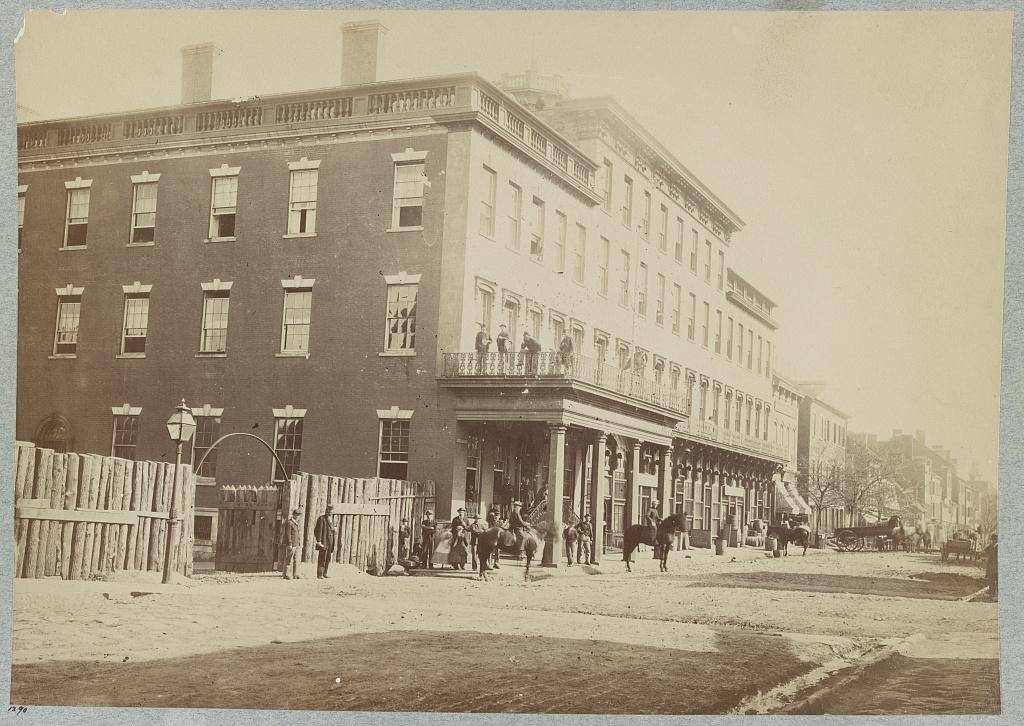
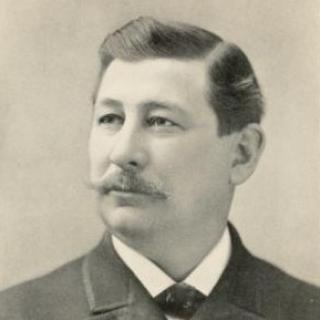
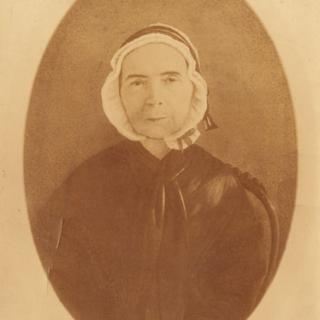
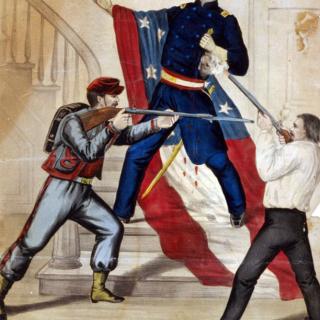
![Sketch of the mythical fuan by Pearson Scott Foresman. [Source: Wikipedia]](/sites/default/files/styles/crop_320x320/public/2023-10/Goatman_Wikipedia_Faun_2_%28PSF%29.png?h=64a074ff&itok=C9Qh-PE1)











